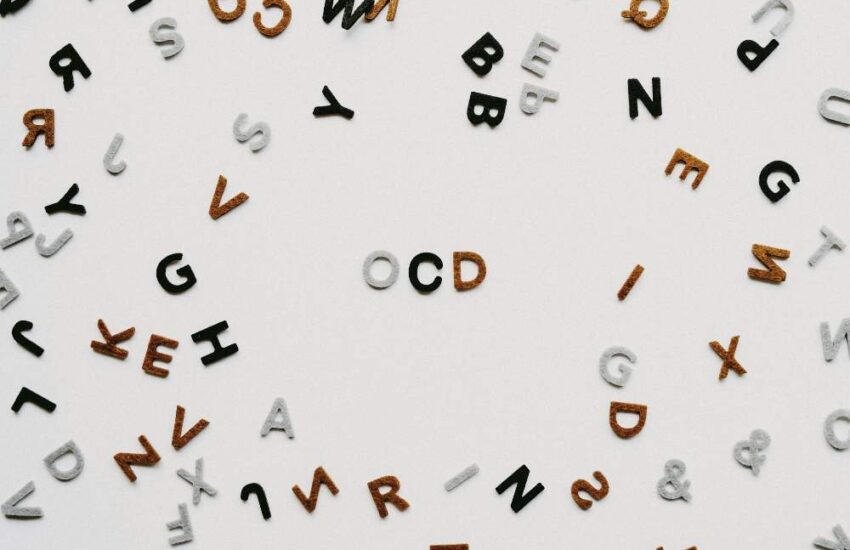6 Mistakes to Avoid When Dealing with Addiction: A Practical Guide
Dealing with addiction is a journey that requires both courage and commitment. Whether it’s substance abuse, gambling, technology, or any other form, addiction can have a profound impact on an individual’s life. Overcoming addiction demands careful navigation through a complex web of emotions, triggers, and behavioral patterns.
By recognizing the following pitfalls and adopting healthier strategies, you can enhance your chances of successfully managing addiction and reclaiming control of your life.

1. Avoiding Professional Help
A common misstep is attempting to battle addiction in isolation, without seeking professional help. Addiction is a complex issue with psychological, neurological, and behavioral components. Relying solely on self-help methods might not address the underlying causes effectively.
If you’re seeking a holistic approach to recovery, consider exploring Bali rehab for those in Perth, which offers serene surroundings and culturally integrated therapies. Professional therapists, counselors, and support groups can provide specialized guidance, strategies, and coping mechanisms tailored to your specific needs. Collaborating with experts significantly improves the likelihood of long-term recovery.
2. Underestimating the Power of Addiction
Addiction doesn’t discriminate – it can affect anyone, regardless of their background or strengths. Believing that you can conquer addiction through sheer willpower alone is a setup for disappointment. Addiction rewires the brain’s reward system, making it incredibly challenging to break free. Acknowledging the strength of addiction is the first step towards seeking appropriate help and support.
3. Neglecting Mental Health and Underlying Trauma
Addressing addiction solely as a surface-level problem without considering underlying mental health issues or trauma is a mistake that can hinder progress. Many individuals turn to addictive behaviors as a way to cope with emotional pain or past experiences. Failing to address these root causes can lead to relapse. It’s crucial to prioritize mental health and engage in therapy or counseling to uncover and address the emotional triggers that fuel addiction.
4. Setting Unrealistic Expectations and Overlooking Relapses
Recovery from addiction is rarely a linear path. Setting unrealistic expectations for rapid progress and complete abstinence can set you up for disappointment and frustration. Relapses are a common part of the journey, but they don’t equate to failure. Seeing a relapse as a learning opportunity rather than a total setback can help you refine your strategies and reinforce your commitment to recovery.
- Acknowledge the Non-Linear Nature of Recovery: Understand that progress isn’t always straightforward. Recovery involves peaks and valleys, and setbacks are a natural part of the process. Embrace each step, whether it’s a stride forward or a brief step back, as an opportunity for growth.
- Break Goals into Manageable Steps: Instead of aiming for complete abstinence overnight, break down your recovery goals into smaller, achievable milestones. Celebrate your successes along the way, no matter how small they might seem. Each accomplishment reinforces your commitment to change.
- Practice Self-Compassion: Be kind to yourself when setbacks occur. Negative self-talk only perpetuates the cycle of addiction. Treat yourself with the same compassion you would offer a friend facing similar challenges. This perspective can help you bounce back from relapses with renewed determination.
- Seek Professional Guidance: Collaborate with therapists or counselors who specialize in addiction. They can help you set realistic goals that align with your unique circumstances and provide the guidance needed to manage expectations. A professional’s insights can offer valuable perspectives on your progress and areas for improvement.
5. Overlooking the Importance of Support Systems
A critical error in dealing with addiction is underestimating the significance of a strong support system. Surrounding yourself with understanding friends, family, or support groups can provide a vital safety net during challenging times.
Isolation often worsens addictive behaviors, making it crucial to lean on others who can provide encouragement, empathy, and accountability. Sharing your journey with those who genuinely care can alleviate feelings of shame and isolation, creating a positive environment for your recovery.
6. Neglecting Self-Care and Healthy Lifestyle
Engaging in addictive behaviors often goes hand in hand with neglecting self-care and adopting an unhealthy lifestyle. This mistake involves disregarding the importance of physical well-being, proper nutrition, regular exercise, and sufficient sleep.
A holistic approach to recovery recognizes that your overall health can significantly impact your ability to cope with triggers and maintain resilience. Prioritizing self-care activities that bring you joy and relaxation can act as healthy replacements for addictive habits, reinforcing your commitment to a healthier life.
Navigating the complexities of addiction requires vigilance, patience, and a willingness to learn from missteps. By avoiding these six common mistakes – underestimating addiction’s power, going solo without professional help, neglecting mental health, setting unrealistic expectations, overlooking support systems, and neglecting self-care – you are better equipped to approach recovery with a well-rounded perspective.
Remember, recovery is a process that demands continuous effort, self-compassion, and a focus on growth. As you steer clear of these pitfalls and integrate healthier strategies into your life, you embark on a journey of healing and transformation that can lead to a future free from the chains of addiction.


